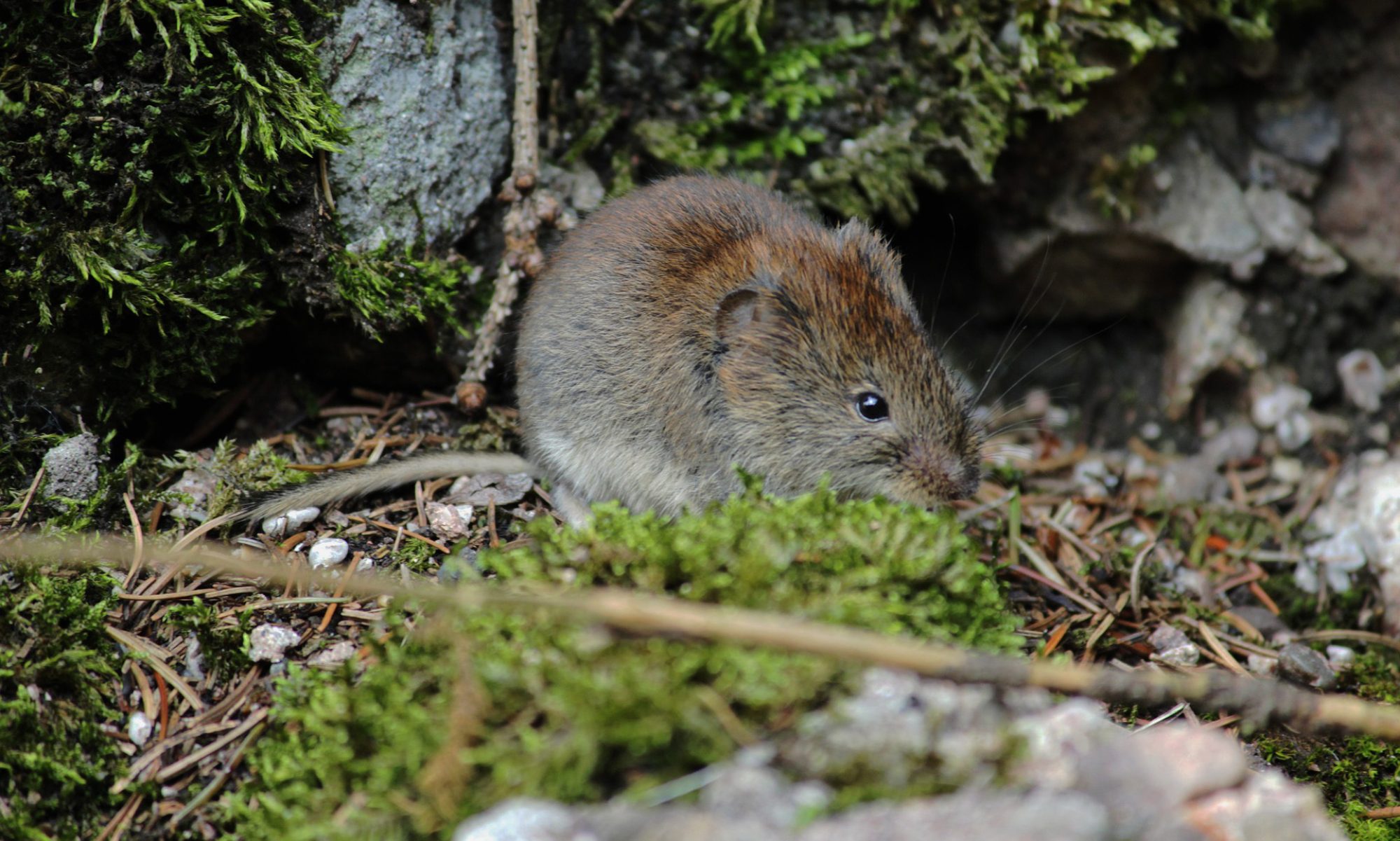Whether your interest lies in food growing, wildlife gardening or creating picture-perfect flower beds, composting could be your missing link.
Categorised as green or organic waste, our food scraps and garden cuttings are anything but rubbish! When allowed to recycle naturally, these become a great source of nutrients which will fertilize your garden and provide food and habitat for visiting wildlife.
Read on to find out why composting is not only good for the environment, but for our own mental and physical well-being too!
We have also enclosed a quick easy guide on how to get started with your composting bin.
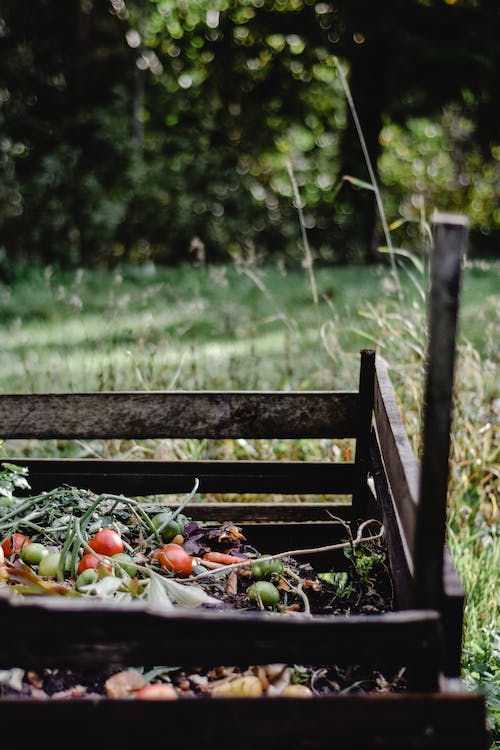
What is composting?
Composting is the breakdown of organic matter as a result of an aerobic process over a few weeks, resulting in a rich earthy mulch. Waste from food products naturally biodegrade – meaning they decompose naturally, providing essential food for wildlife and nutrients absorbed by the soil. Three things needed for composting – organic waste, air and water – create the right environment for the microorganisms, insects and bacteria. Two types of food waste are associated with composting – known as brown and green waste. Brown waste includes coffee grounds, paper/cardboard, wood shavings and dead leaves. Examples of green waste are grass trimmings, eggshells, tea leaves and fruit/veg leftovers. Unfortunately, we humans throw away a whopping 9.5 million tonnes of food waste a year to the landfill!
What is wrong with food waste ending up in landfill?
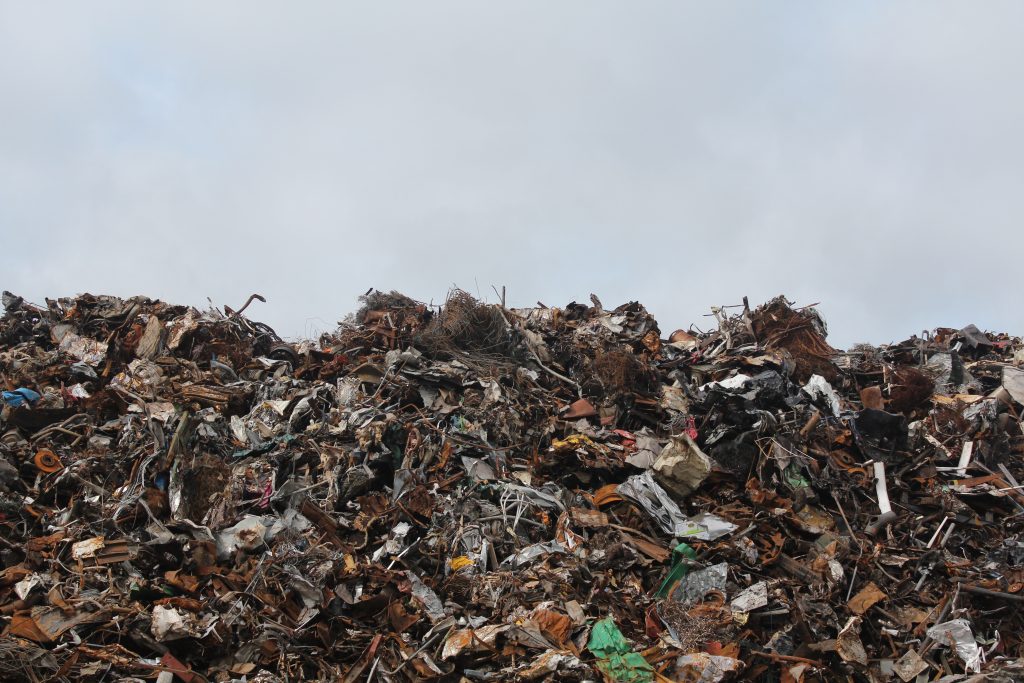
Organic waste accumulates in landfills and does more damage than many of us are unaware of. Landfills bury organic waste, limiting the airflow required for the natural decomposing process. Instead, it releases methane, which is 28 – 36 times more damaging to our environment than carbon dioxide.
By composting and letting it break down naturally through an aerated process, we can reduce the amount of methane that we produce. Many people are unaware of how organic waste contributes to global warming, but the good news is that if more of us compost, we can help tackle climate change and the best part is that it’s easy to do!
What are the benefits for me?
Composting has several benefits, not only for the planet but for us as well. Commercially grown fruit and veg not only contain more pesticides, but they also have reduced nutrients. Studies show that veg grown in poor soil contain fewer nutrients versus nutrient-abundant soil. Composting offers a way to boost soil quality without harsh chemicals whilst providing a healthy way to exercise and connect with nature. So if you’re a keen gardener, investing your time in composting is a great way to boost your soil quality.
Can I still compost if I don’t have a garden?
Absolutely! You can set up an indoor compost quite easily and we love this guide from oddbox.

If you do not have a garden, there are also alternatives like community gardening or allotments that provide great spaces for growing your food and composting. It can also be a great way to get involved with your local community and meet new people.
What do I need to get started?:
- A composting bin (Ideally one that has an opening at the bottom to access ready-made compost)
- Green waste
- brown-waste
- Water
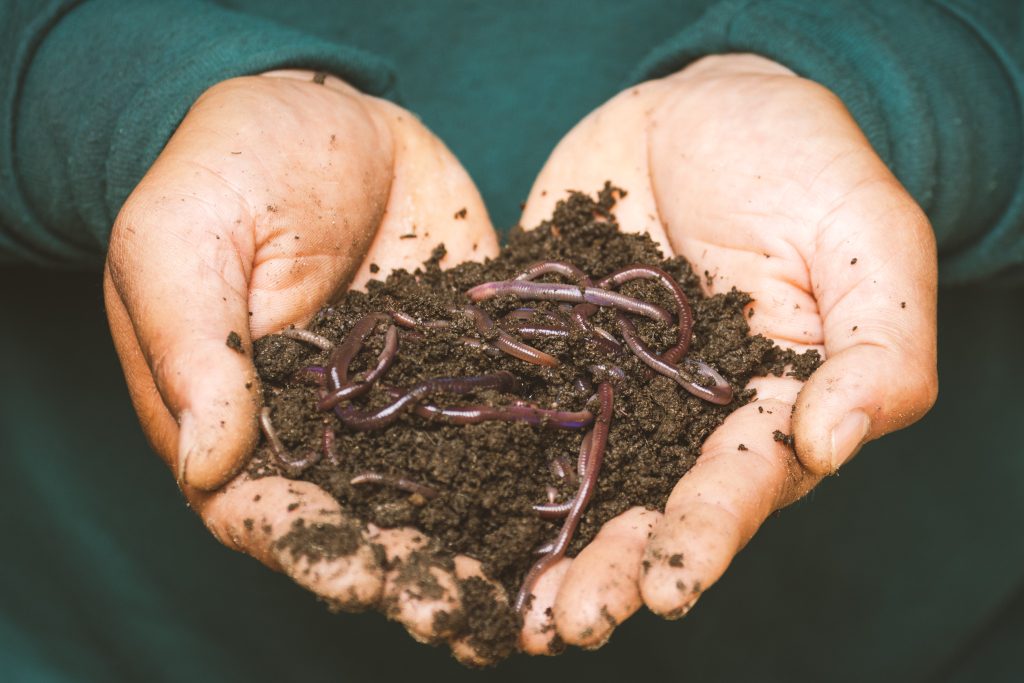
How to get started
Collecting organic waste
A good starting point is to keep a small bin in your kitchen to collect organic waste. Whenever you finish cooking, scrape the scraps into it until it’s ready to be thrown into your compost bin outside.
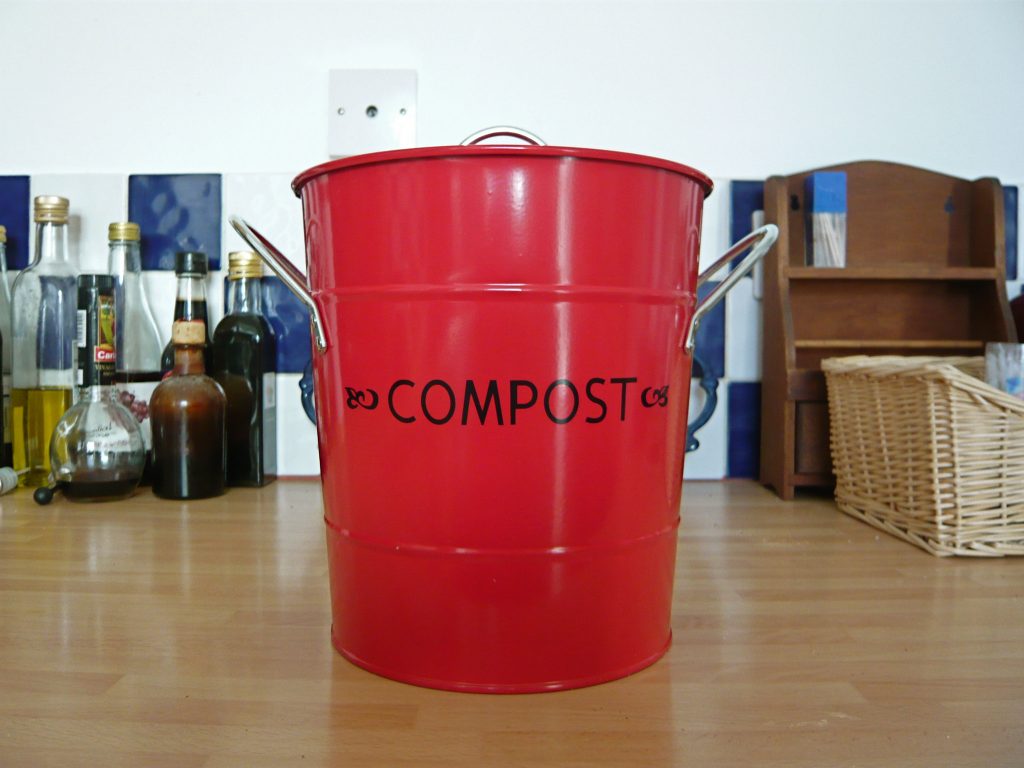
Collect Brown waste by gradually adding organic Brown waste materials into a designated bin outside so you can add these to the compost bin as and when needed.
Before putting materials in your bin, ensure they’re cut/ripped up into small pieces so they can break down faster.
Choosing a spot to build or place your compost bin
Whether in the sun or shade, ensure that the spot you choose should be easily accessible to continue depositing matter and water into it when needed. Bins can be bought online, from a garden centre or built yourself. Wood, cinder blocks, barrels or tumblers can all make adequate composting bins.
Build your compost heap
Start with several inches (up to 5) of Brown waste so it can aerate and add layers of green and Brown waste (like lasagne). Finally, always leave a Brown waste layer of more than 4 inches at the top.
How to maintain
Ensure your compost heap is reasonably moist (but not soaking), aerated and smells earthy.
- If the pile is too dry, the breakdown rate will slow, so be sure to sprinkle it with water and turn it to aerate it.
- If a bad odour occurs, it is too wet. Try adding Brown waste and turning it to increase air circulation.
- If the compost pile is not heating up (warmth is a sign that breakdown activity is underway), then add more green waste and turn the pile.
The Takeaway
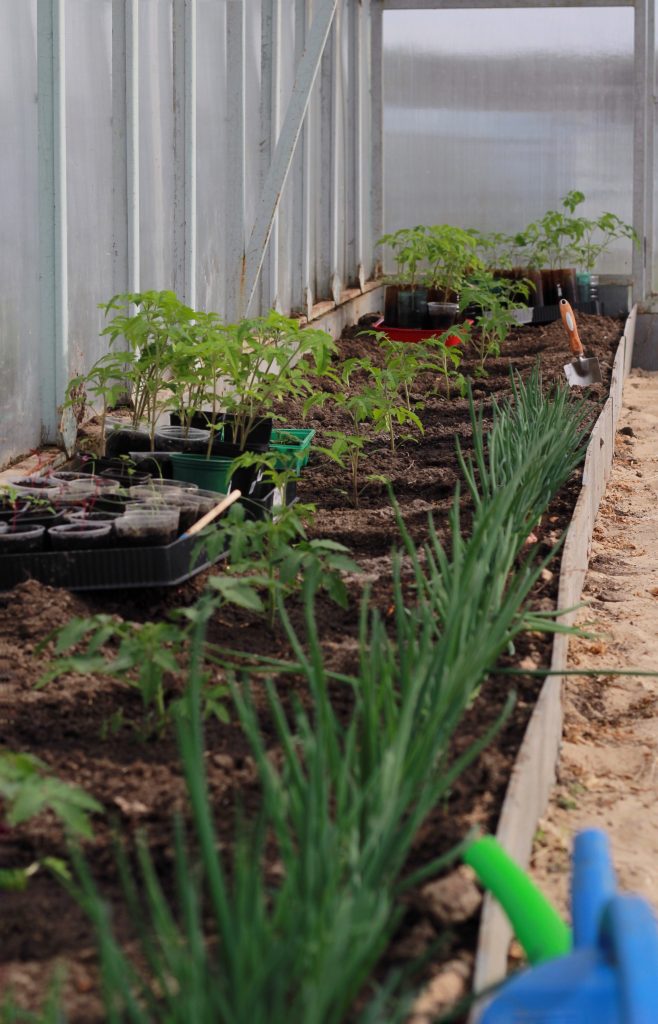
If you take these steps and maintain your compost pile, then once the food scraps disappear, keep it for a few months (still tending to it when needed).
Once it’s turned into a soft crumbly brown
material, you will have nutrient-rich soil ready to use in no time
Composting is an amazing way to get outside and improve both mental and physical well-being. So, get outside, have fun and get growing!
Images by Freepik
